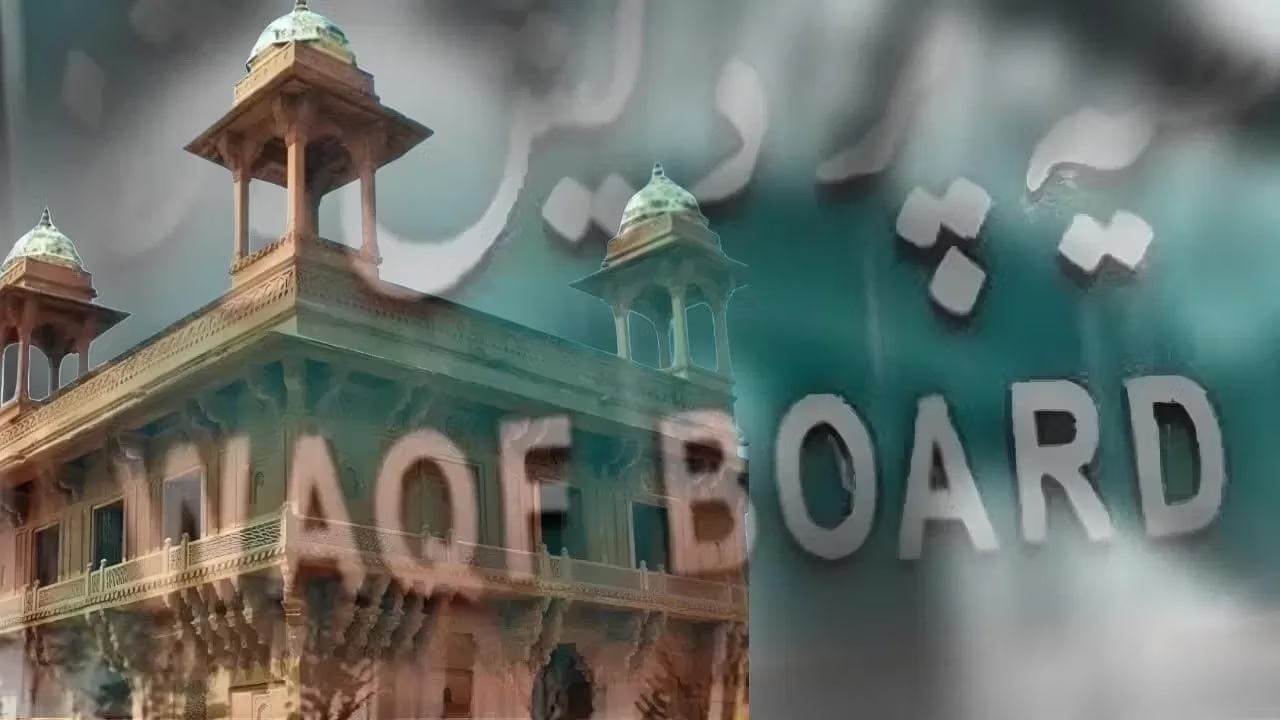Lok Sabha passes Waqf Amendment Bill after heated discussions
Total Views |

A contentious bill that aims to alter the governance of assets worth billions of dollars that Indian Muslims have donated over the centuries is being discussed by Indian MPs. The Waqf (Amendment) Bill, 2024, which proposes hundreds of changes to an existing law, was introduced by Prime Minister Narendra Modi's administration and is currently being debated in the lower house of parliament.
According to the administration, the bill will make the management of waqf, as the properties are known, more transparent. However, Muslim organizations and opposition parties have rejected it, claiming it is an attempt to undermine the constitutional rights of the largest religious minority in India.
After opposition members voiced their outrage, the bill was referred to a joint parliamentary committee (JPC) after it was initially introduced in parliament in August of last year. According to reports, the version that federal Minority Affairs Minister Kiren Rijiju presented on Wednesday included 25 revisions that the strongly divided committee, which included opposition members, requested. If the bill receives more votes than the 272 threshold, it will pass the lower house, the Lok Sabha.
After opposition members voiced their outrage, the bill was referred to a joint parliamentary committee (JPC) after it was initially introduced in parliament in August of last year. According to reports, the version that federal Minority Affairs Minister Kiren Rijiju presented on Wednesday included 25 revisions that the strongly divided committee, which included opposition members, requested. If the bill receives more votes than the 272 threshold, it will pass the lower house, the Lok Sabha.
The opposition is united and would endeavor to oppose "the unconstitutional and divisive objective of the Modi government on the Waqf Amendment Bill," according to Mallikarjun Kharge, a Congress MP and the head of the opposition in the Rajya Sabha. The bill "aims to weaken the waqf laws and pave the path for the confiscation and destruction of waqf properties," according to Muslim organizations. Rijiju, who introduced the measure in parliament on Wednesday, charged that the opposition was circulating false information that the bill would deny Muslims their rights.
"We have accepted and integrated various recommendations from the JPC into the Waqf (Amendment) Bill that we have tabled," he stated.
Opposition MPs, however, have claimed that the JPC rejected all of the adjustments put up by the BJP and its partners but approved the changes they offered.
What is the bill about?
Boards oversee the waqf properties, which include thousands of acres of land contributed by Muslims, mosques, madrassas, and shelter homes. While some of these sites have been encroached upon, others are unoccupied.
According to Islamic custom, a waqf is a religious or philanthropic contribution given by Muslims for the good of the community. It is implied that waqf properties belong to God as they cannot be sold or used for any other reason.
The waqf boards are one of the biggest landowners in India, according to the government. At least 872,351 waqf assets totaling over 940,000 acres and valued at 1.2 trillion rupees ($14.22 billion; £11.26 billion) may be found in India.
The government's excessive authority to control the administration of these endowments and decide whether a property is "waqf" is a primary grievance of the bill's opponents.
Additionally, the law suggests adding two non-Muslim members to the waqf boards that are in charge of these lands. This clause has drawn criticism because the majority of non-Muslim-run religious organizations do not allow members of other faiths to serve in their management.

